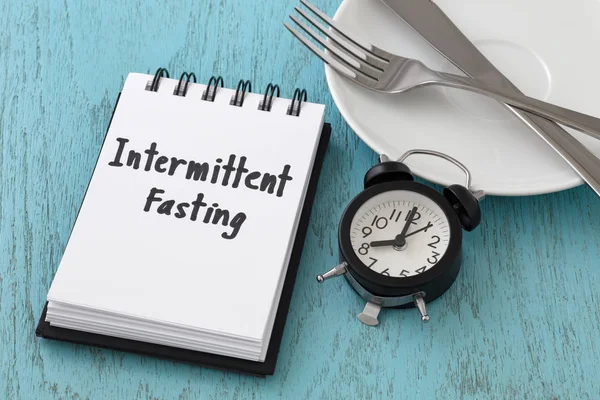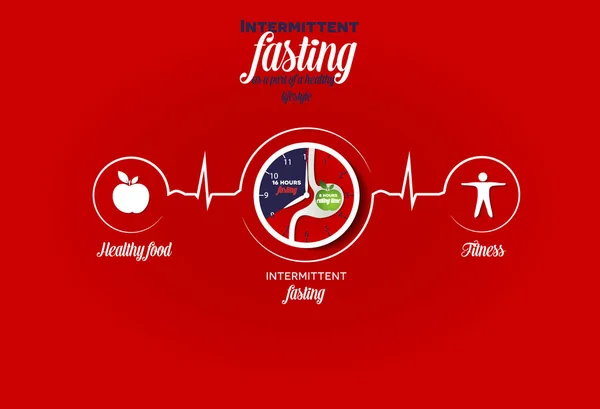Can Intermittent Fasting Improve Heart Health? Intermittent fasting (IF) has surged in popularity as a lifestyle choice aimed at weight management and overall health improvement. Among its touted benefits is the potential to enhance heart health, a claim that has sparked both enthusiasm and caution within the medical community. This article examines what research reveals about the relationship between intermittent fasting and heart disease, weighing its pros and cons, and presents expert opinions on whether fasting is a suitable strategy for heart health. Additionally, it highlights alternatives for those seeking cardiovascular disease prevention without fasting.

What Research Says About Intermittent Fasting and Heart Disease
Scientific investigations into intermittent fasting reveal a complex picture. On one hand, numerous studies suggest that IF can positively influence several cardiovascular risk factors. For example, intermittent fasting has been shown to promote weight loss, reduce waist circumference, and improve cholesterol profiles by lowering LDL (“bad”) cholesterol and triglycerides while increasing HDL (“good”) cholesterol. These changes can reduce the risk of heart attacks and strokes. Research also indicates that IF may lower blood pressure by 3-5 mmHg on average and reduce markers of inflammation such as C-reactive protein (CRP), both of which are critical in preventing cardiovascular disease.
Moreover, intermittent fasting improves insulin sensitivity, reducing insulin resistance by 20-30%, which diminishes arterial inflammation and plaque buildup, key contributors to atherosclerosis. Activation of autophagy during fasting helps remove damaged cells and oxidative stress, further protecting cardiovascular function.
However, contrasting findings have emerged. A notable 2024 study by the American Heart Association raised concerns by linking an 8-hour eating window (a common IF pattern) to a 91% higher risk of death from cardiovascular causes. This association was particularly observed in individuals with pre-existing cardiovascular disease. The study’s limitations—such as reliance on memory recall and lack of long-term data—mean its conclusions should be interpreted cautiously.
The Pros and Cons of Fasting for Heart Health — Confirms Jennifer Cheng, DO
Jennifer Cheng, DO, Chief of Endocrinology at Hackensack Meridian Jersey Shore University Medical Center, emphasizes that intermittent fasting can be beneficial but requires careful consideration. The pros include:
- Effective weight loss, which reduces heart strain and improves metabolic parameters.
- Improved cholesterol levels and blood pressure.
- Enhanced insulin sensitivity and reduced inflammation.
Yet, she warns of potential downsides:
- Increased cortisol (stress hormone) during fasting can elevate blood pressure and heart rate if unmanaged.
- Risk of nutrient deficiencies if fasting is paired with poor dietary choices.
- Not suitable for everyone, especially those with existing heart conditions, diabetes, or on certain medications.
Dr. Cheng stresses the importance of medical supervision when adopting fasting, particularly for individuals with cardiovascular risk factors.
Should You Try Fasting for Heart Health? Doctors Weigh In
Medical experts generally agree that intermittent fasting may benefit heart health primarily through weight loss and improved metabolic health. However, the effectiveness and safety of IF vary widely among individuals. Dr. Gregory Katz, a cardiologist at NYU Langone, notes that only those who achieve weight loss through fasting tend to see cardiovascular benefits. For others, IF may have little impact or could even be harmful if it leads to stress or poor nutrition.
Doctors advise consulting healthcare providers before starting IF, especially for people with heart disease, diabetes, or other chronic conditions. The variability in fasting protocols and individual responses means a personalized approach is essential. For some, traditional balanced diets combined with regular physical activity may be safer and equally effective for heart health.
An Alternative to Fasting for Heart Disease Prevention
For those hesitant about intermittent fasting or unable to fast safely, alternative strategies exist to protect heart health:
- Balanced Diet: Emphasizing fruits, vegetables, whole grains, lean proteins, and healthy fats can improve cholesterol and blood pressure.
- Regular Exercise: Physical activity strengthens the heart, improves circulation, and aids weight management.
- Weight Management: Even modest weight loss (5-10%) significantly reduces cardiovascular risk.
- Stress Reduction: Managing stress through mindfulness or therapy helps lower cortisol and blood pressure.
- Medical Management: Controlling diabetes, hypertension, and cholesterol with medications as prescribed.
These approaches, supported by extensive research, offer proven benefits without the potential risks associated with fasting.
In summary, intermittent fasting holds promise for improving heart health through weight loss, better cholesterol, and reduced inflammation. Yet, emerging evidence also highlights potential risks, particularly with certain fasting patterns and in vulnerable populations. Experts like Jennifer Cheng, DO, advocate for cautious, medically guided use of fasting. Meanwhile, traditional heart-healthy lifestyle measures remain reliable and accessible alternatives. Individuals interested in intermittent fasting should engage healthcare professionals to tailor a plan that aligns with their unique health profile and goals.
Also Read | How Calcium Levels Change with Age and What Abnormal Readings Mean for You










